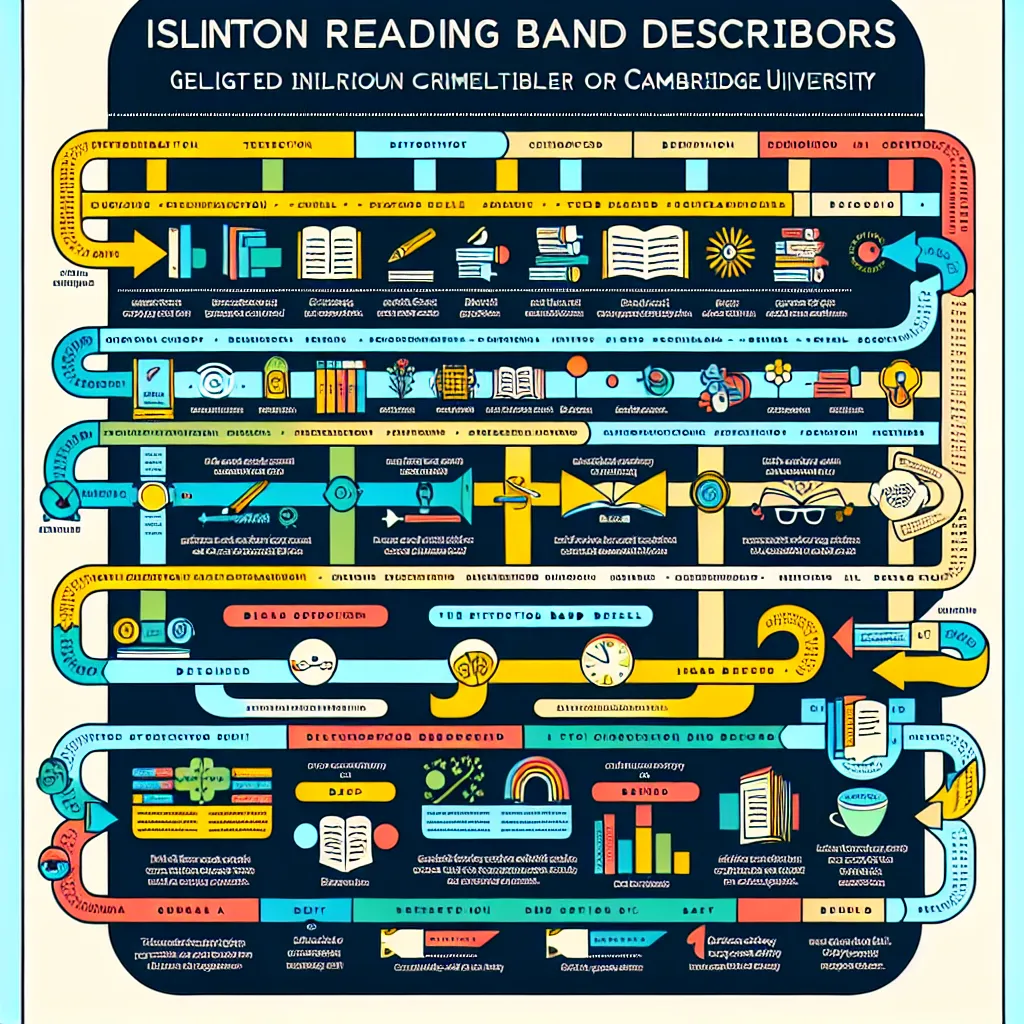Are you preparing for a Cambridge exam and looking to enhance your vocabulary? You’re in the right place! As an experienced Cambridge exam instructor and content creator for LearnEnglish.NET, I’m here to guide you through the best Cambridge vocabulary books that will boost your lexical prowess and help you ace your exam.
Why Vocabulary is Crucial for Cambridge Exams
Before we dive into the book recommendations, let’s understand why having a strong vocabulary is essential for Cambridge exams. Vocabulary is the backbone of language proficiency, and Cambridge exams are designed to assess your ability to use a wide range of words accurately and appropriately. A robust vocabulary will help you:
- Comprehend complex texts in reading sections
- Express yourself clearly and precisely in writing tasks
- Understand and respond to various questions in listening tests
- Communicate effectively during speaking assessments
Now that we’ve established the importance of vocabulary, let’s explore the top Cambridge vocabulary books that will elevate your language skills.
 Cambridge Vocabulary Books
Cambridge Vocabulary Books
Top Cambridge Vocabulary Books for Exam Success
1. “English Vocabulary in Use” Series
The “English Vocabulary in Use” series is a staple for Cambridge exam preparation. These books are available at different levels, from elementary to advanced, making them suitable for various Cambridge exams.
Key features:
- Thematic organization of vocabulary
- Clear explanations and examples
- Practical exercises to reinforce learning
- Online resources and interactive activities
Recommended for: All Cambridge exam takers, from KET to CPE
2. “Cambridge Vocabulary for IELTS”
While specifically designed for IELTS, this book is an excellent resource for advanced Cambridge exam preparation, particularly for CAE and CPE candidates.
Key features:
- Focus on academic and high-level vocabulary
- Practice exercises mirroring exam formats
- Audio material for pronunciation practice
- Tips on using vocabulary effectively in writing and speaking
Recommended for: Advanced learners preparing for CAE, CPE, or IELTS
3. “Oxford Word Skills”
This series offers a comprehensive approach to vocabulary learning, suitable for various Cambridge exams.
Key features:
- Progressive difficulty levels (Basic, Intermediate, Advanced)
- Contextualized vocabulary practice
- Focus on collocations and phrasal verbs
- Self-study section with answer key
Recommended for: All levels, particularly effective for FCE and CAE preparation
4. “Test Your English Vocabulary in Use”
Companion books to the “English Vocabulary in Use” series, these practice books are excellent for self-assessment and exam preparation.
Key features:
- Variety of test formats
- Covers vocabulary from the main series
- Answer key with explanations
- Ideal for revision and identifying weak areas
Recommended for: All Cambridge exam takers looking to test their vocabulary knowledge
5. “Cambridge Vocabulary for PET”
Specifically designed for the Preliminary English Test (PET), this book is perfect for intermediate learners.
Key features:
- Covers all vocabulary areas in the PET syllabus
- Includes real Cambridge exam tasks
- Provides strategies for vocabulary learning
- Includes a comprehensive answer key
Recommended for: PET candidates and those transitioning to FCE level
How to Use Cambridge Vocabulary Books Effectively
Having the right books is just the first step. Here’s how to make the most of your Cambridge vocabulary books:
- Set a study schedule: Dedicate regular time slots for vocabulary study.
- Use active recall: Don’t just read; actively test yourself on new words.
- Context is key: Learn words in context through example sentences and collocations.
- Practice regularly: Use new words in your speaking and writing practice.
- Review periodically: Revisit learned vocabulary to reinforce retention.
 Vocabulary Study Techniques
Vocabulary Study Techniques
Common Mistakes to Avoid When Using Vocabulary Books
- Overreliance on translations: Try to understand words in English rather than translating.
- Ignoring pronunciation: Use audio resources to practice correct pronunciation.
- Memorizing without context: Always learn words in sentences or phrases.
- Neglecting word forms: Pay attention to different forms (noun, verb, adjective) of each word.
- Skipping practice exercises: Complete all exercises to reinforce your learning.
Next Steps in Your Cambridge Exam Preparation
After building your vocabulary with these excellent books, consider these next steps:
- Take practice tests: Apply your expanded vocabulary in full-length Cambridge practice exams.
- Join study groups: Practice using new vocabulary in conversations with peers.
- Read extensively: Expose yourself to various texts to see vocabulary in real-world contexts.
- Use vocabulary apps: Supplement your book learning with digital tools for on-the-go practice.
- Seek feedback: Have a teacher or language exchange partner review your use of new vocabulary.
Learn more about effective Cambridge exam preparation strategies
Conclusion
Investing in quality Cambridge vocabulary books is a smart move for any serious exam candidate. The books recommended in this guide offer comprehensive coverage, practical exercises, and proven methods to expand your lexical range. Remember, consistent practice and application are key to mastering new vocabulary.
Choose the book that best suits your level and exam goals, and embark on your journey to vocabulary excellence. With dedication and the right resources, you’ll be well-equipped to tackle the vocabulary challenges in your Cambridge exam.
Have you used any of these vocabulary books? Share your experiences in the comments below, and don’t forget to check out our other articles on Cambridge exam preparation for more valuable tips and resources.




